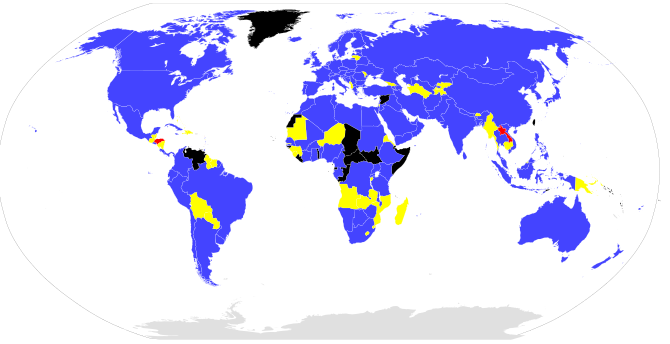Accrediting professional development education companies involves a thorough evaluation of their programs and services to ensure they meet specific quality standards. These requirements can vary depending on the accrediting body or organization, but here are 10 common criteria that a professional development education company may need to meet for accreditation:
- Mission and Vision: The company should have a clearly defined mission and vision statement that reflects its commitment to providing high-quality professional development and educational services.
- Qualified Instructors: Employ qualified instructors or facilitators who have relevant expertise, experience, and credentials in the subject matter they are teaching.
- Curriculum Development: Develop and maintain a well-structured curriculum that aligns with industry standards and the needs of the target audience.
- Learning Objectives: Define clear and measurable learning objectives for each course or program, outlining what participants should be able to achieve upon completion.
- Assessment and Evaluation: Implement rigorous assessment and evaluation methods to measure participant progress and program effectiveness. This may include quizzes, exams, project evaluations, and feedback mechanisms.
- Continuous Improvement: Demonstrate a commitment to continuous improvement by regularly reviewing and updating course materials, teaching methods, and content to stay current with industry trends.
- Resources and Support: Provide access to resources such as textbooks, software, online platforms, or other materials necessary for successful learning. Additionally, offer support services like tutoring or technical assistance.
- Accreditation Compliance: Ensure compliance with relevant accreditation standards and requirements set by accrediting bodies, if applicable.
- Transparency: Maintain transparency in pricing, policies, and program details, including admission criteria, prerequisites, and refund policies.
- Student Outcomes: Track and report on student outcomes, such as completion rates, post-program employment rates, and satisfaction surveys to demonstrate the effectiveness of the educational programs.
For a Personal Qualification to Be Accredited, it must:
1) Require Relevant Courses from an accredited, ISO certificated, or government regulated institution. 2) Exams proctored and provided by an Accredited Institution 3) Require sufficient skill and experience. 4) Continuing Education each year is part of the ongoing certification process. 5) Each member adheres to ethics guidelines. 6) Requires the earning of an accredited degree. 7) Require licensing if the government requires it.
The IOQM Certification Training Accreditation is linked to ISO 29990 Standards
Scope of ISO 21001, ISO 29990 and ISO 29993: Learning services outside formal education.
•The standard contains requirements on:
– Qualifications Learning and The way learning needs are determined
–The design of learning services
–The way learning services are provided
–The monitoring of the delivery of the learning services
–Evaluations carried out by learning service providers
–The Management of the learning service provider.
Both ISO 21001 and ISO 29993 are standards developed by the International Organization for Standardization (ISO) related to educational organizations and learning services. Here’s a brief description of each:
- ISO 21001 – Educational organizations management systems (EOMS) standard: ISO 21001 is a standard that provides guidelines for educational organizations on how to establish, implement, maintain, and improve an effective management system to enhance the organization’s ability to achieve its mission and objectives. The standard is designed to be applicable to a wide range of educational providers, including schools, universities, training centers, and other learning organizations.
The key focus of ISO 21001 is to improve the overall educational processes and outcomes by providing a systematic approach to managing educational resources, enhancing the learning experience for students, and increasing the satisfaction of learners, parents, and other stakeholders. The standard emphasizes the importance of understanding the needs and expectations of learners, maintaining a learner-centered approach, and promoting continual improvement in educational services.
- ISO 29993 – Learning services outside formal education: ISO 29993 is a standard that addresses learning services provided by organizations outside the formal education system. These organizations offer various forms of learning and training, such as vocational training, professional development courses, e-learning, and other non-formal educational services.
The standard provides guidelines for such learning service providers to establish and maintain a quality management system that ensures the effective design, development, and delivery of learning services. ISO 29993 focuses on meeting the specific needs of learners, enhancing the learning experience, and ensuring the competence of instructors and trainers.

